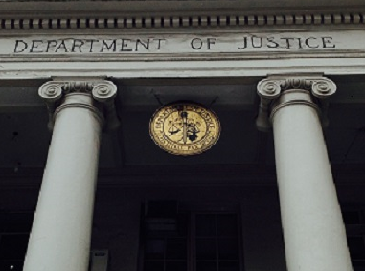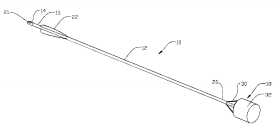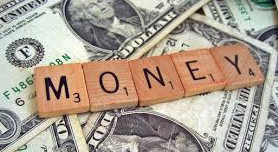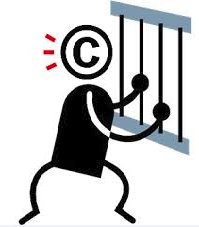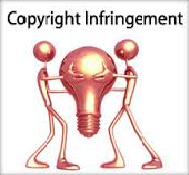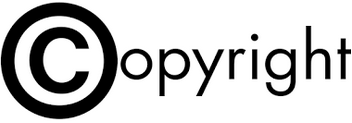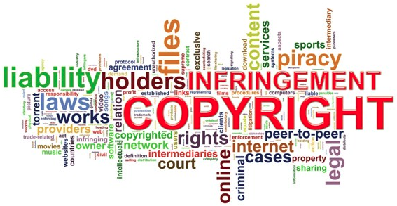
Norfolk, Virginia – District Judge Rebecca Beach Smith of the Eastern District of Virginia sentenced copyright infringer to prison.
Rocky P. Ouprasith, 23, of Charlotte, North Carolina, was sentenced recently to 36 months in prison for reproducing and distributing without permission millions of infringing digital copies of copyrighted works, including copies of popular songs and albums before they were commercially available. Ouprasith was also sentenced to two years of supervised release, ordered to pay restitution in the amount of $45,288.62, and to forfeit $50,851.05.
This case represents the first criminal copyright infringement sentence imposed for a cyberlocker operator in the United States.
“Ouprasith operated the second largest online file sharing site in the United States, averaging nearly 4.5 million visits per month and resulting in an estimated collective loss of more than $10 million per month to the rightful owners,” said Dana J. Boente, U.S. Attorney for the Eastern District of Virginia. “I believe this sentence reflects the seriousness of the crime and will promote greater respect for the law and property rights of others.”
“HSI is responsible for enforcing federal regulations that exist to protect American businesses from unfair trade practices and intellectual property theft,” said Clark E. Settles, Special Agent in Charge of U.S. Immigration and Customs Enforcement‘s Homeland Security Investigations (“HSI”). “Online piracy has a serious financial impact to business, which is felt at every level of a transaction – from the producer to the point-of-sales clerk.”
Ouprasith pleaded guilty on Aug. 21, 2015. According to court documents, between May 2011 and October 2014, Ouprasith operated RockDizMusic.com, a website originally hosted on servers in France and later in Canada, from which Internet users could find and download infringing digital copies of popular copyrighted songs and albums. Ouprasith admitted that he obtained digital copies of copyrighted songs and albums from online sources, and that he encouraged and solicited others, referred to as “affiliates,” to upload digital copies of copyrighted songs and albums to websites, including RockDizFile.com, that were hosted on servers in Russia, France and the Netherlands, and that hosted hyperlinks to content being offered for download on RockDizMusic.com. Ouprasith further admitted that to encourage such activity, he agreed to pay the affiliates based on the number of downloads from his website.
According to the Recording Industry Association of America, in 2013, RockDizFile.com was the second-largest online file sharing website specializing in the reproduction and distribution of infringing copies of copyrighted music in the United States. Ouprasith admitted that in 2013 and 2014, he either ignored or pretended to take remedial action in response to complaints from copyright holders and their representatives that the website contained links to infringing copies protected songs and albums.
In October 2014, federal law enforcement authorities shut down RockDizMusic.com and RockDizFile.com, and law enforcement authorities in the Netherlands and France seized file-hosting servers utilized by Ouprasith.
According to court documents, the market value of Ouprasith’s illegally pirated material was more than $6 million.
This sentencing is related to the many efforts being undertaken by the Department of Justice Task Force on Intellectual Property (“IP Task Force”). The IP Task Force supports prosecution priorities, promotes innovation through heightened civil enforcement, enhances coordination among federal, state, and local law enforcement partners, and focuses on international enforcement efforts, including reinforcing relationships with key foreign partners and U.S. industry leaders.
Practice Tip: To learn more about the IP Task Force, go to www.justice.gov/dag/iptaskforce.
Continue reading
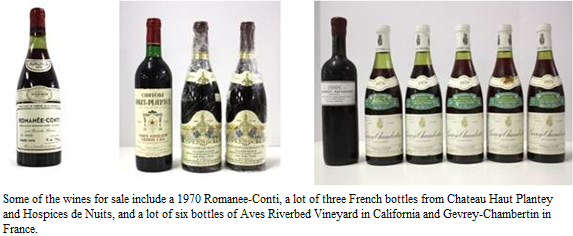
 Indiana Intellectual Property Law News
Indiana Intellectual Property Law News



